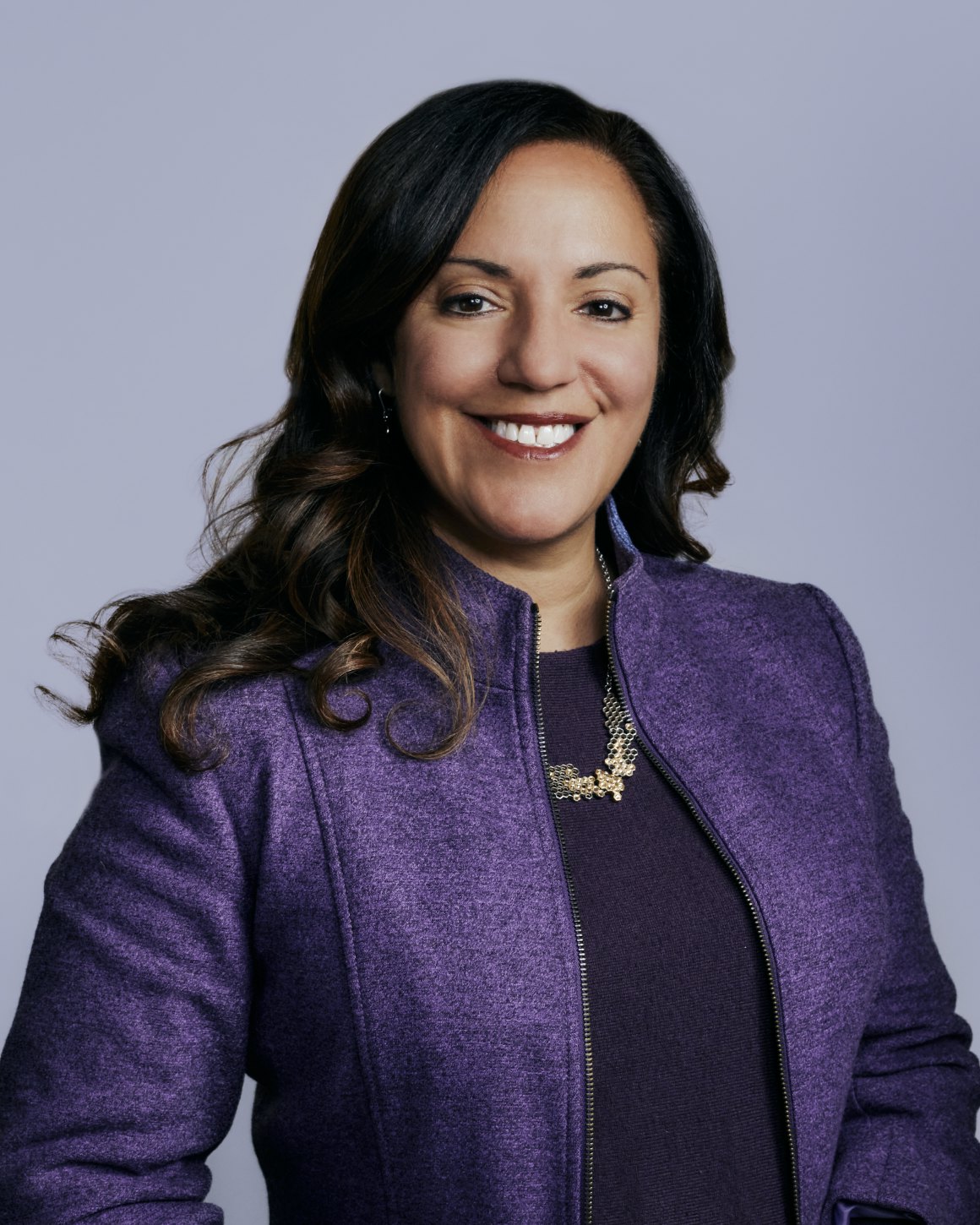We’re honored to feature Kristen Silverberg in this month’s “Five Questions With…” feature. Silverberg served with distinction as U.S. Ambassador to the European Union, at the State Department and in several senior roles at the White House, navigating some of the most complex diplomatic challenges of the post-9/11 era—including a pivotal role in Baghdad during the Iraq reconstruction. Today, she serves as President and COO of Business Roundtable, where she continues to shape policy at the intersection of government and enterprise. Her reflections on leadership, loyalty, and the enduring lessons of the Bush Administration are a powerful reminder of the values we carry forward.
Q: You’ve served in some of the most complex diplomatic arenas — from Baghdad to the European Union. How did those experiences shape your approach to leadership and problem-solving today?
While I was in Baghdad, a colleague who worked for the Army Corps of Engineers went to meet with a group of Iraqi officials about some challenges with the irrigation system. When the U.S. delegation arrived, they reassured the Iraqis, “Don’t worry. The Army Corps of Engineers has over 200 years of experience with irrigation, and we’re here to help.” One Iraqi official across the table deadpanned, “Oh good. That means that, between us, we have 2,200 years of experience with irrigation, so I’m sure we’ll be able to figure it out.” The delegations laughed and went on to have a great session.
One of the challenges for U.S. leadership is to combine confidence in our role in the world and clarity about our convictions with a healthy dose of respect for what others bring to the table. That principle holds true for other forms of leadership as well. The most effective leaders I have worked with drive towards a clear objective, but they also focus on recruiting, listening to, and empowering people with talents and expertise to make the vision a reality.
Q: Business Roundtable represents CEOs across every sector of the U.S. economy. What are some of the most urgent priorities your members are focused on right now, and how is BRT helping to drive solutions?
Since I started at BRT in 2019, one of the key issues for our members has been the evolving relationship between the public and private sectors. For most of our history in most sectors of the economy, the U.S. Government has viewed itself as a referee in the economy rather than a player. The Government has enforced contracts, upheld the rule of law and established regulations for business, but it has largely refrained from acting as a direct participant in markets or a long-term investor in private enterprise.
That approach has shifted over the past few years through industrial policy and sometimes government ownership of equity in private firms. In certain areas, including those touching national security or critical supply chains, some degree of government intervention is understandable. But a broader move toward a more active government role in the economy would carry real risks. When government becomes an active market participant, it can distort competition and politicize corporate decision-making. Over time, that could undermine U.S. innovation, efficiency, and dynamism. Business Roundtable is working to make the case that America’s enduring economic strength rests on our long tradition of limited government and free enterprise.
Q: From your time in the Bush Administration, is there a leadership lesson or moment that’s stayed with you—something that continues to guide your work today?
I was struck throughout the Administration by President Bush’s political courage. When I arrived at the campaign in 2000, he was campaigning on entitlement reform, which most politicians had avoided as a third rail. During his presidency, he made a number of courageous decisions, including the profoundly difficult choice to launch the 2007 Iraq surge.
I also saw quieter examples behind the scenes, including his instinct to stand by members of the team when they were under attack. Early in the first term, the President was scheduled to participate in a roundtable with an official who had been sharply criticized in the press. President Bush had the White House press team seat the official next to him and made a point of expressing his support. I saw him do something similar with another colleague who facing intense scrutiny. He invited the colleague to walk from the West Wing to the EEOB and then, in view of the cameras on Pebble Beach, put his arm on the colleague’s back in a gesture of support.
Those memories made a strong impression on me as examples of courage and loyalty.
Q: You’ve worked across law, diplomacy, finance, and now corporate policy. What advice would you give to young professionals looking to build a career with impact across sectors?
Early in my career, I made decisions about next steps based on the people I would be working with more than the specific subject matter or assignment. As a result, I moved across a number of different fields. That approach has worked for me. I always urge young professionals to choose their bosses carefully. The early years of your career will be formative. The people you work for will shape your professional habits, your leadership style and your reputation for years to come. Whatever role you pursue, work for people with integrity and decency who are invested in your success.
Q: The Bush-Cheney Alumni community is filled with former colleagues who admire your service. What’s one thing you miss most about working in the administration and one thing you’re glad to have carried forward?
I expect that everyone from the Administration would answer this question the same way – I miss working every day with our Bush Administration colleagues and friends. It was such a special group of people who were united by a deep sense of purpose and mutual respect.
I am grateful to have stayed close to many former Administration colleagues – I even married one! Two Administration colleagues, Leslie Fahrenkopf Foley and Mike Meece, serve as godparents to our sons, and at BRT I am privileged to work every day with my first White House boss, Josh Bolten.



























